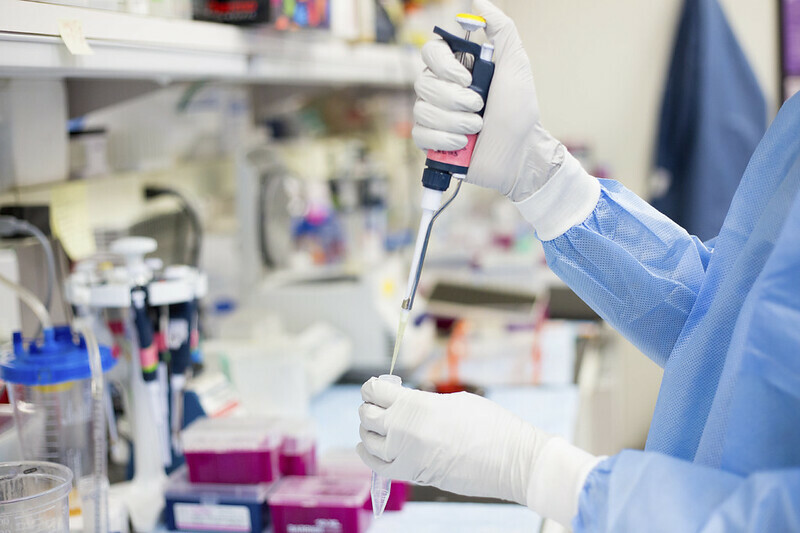



UK gene-editing legislation to focus on crops, not farm animals
Ethical concerns on livestock are harder to address

The minister announced last year that regulations related to gene editing in agricultural research would be eased following a public consultation but more widespread use of the technology would require primary legislation, reported Reuters.
"We will start in the first instance with crops since I think the ethical concerns on livestock are harder, do need a little bit more thought and we don't have to do everything in one go," Eustice told the annual Oxford Farming Conference.
Gene editing is subject to the same rules as genetic modification in the EU but differs in that it does not result in the introduction of DNA from other species.
"If we want to reduce our reliance on synthetic chemical pesticides in order to improve the environment, if we want to be able to breed crops that are more drought resilient and can help us deal with the effects of climate change, we need to have some of these tools in the box," Eustice said, without setting out a timetable for the legislation.
Proponents of gene editing argue it can be seen as equivalent to conventional breeding but many times faster.
Opponents, however, believe the technology will be used to further corporate interests rather than tackling the underlying problems faced by agriculture which include a lack of crop diversity and the decline of beneficial insects.
In a report issued last month on gene editing and farmed animals, Nuffield Council of Bioethics said safeguards would be needed to ensure animals were not bred to better endure conditions of poor welfare or in ways that reduce their capacity to live a good life.
Proposed changes only relate to England as agriculture is devolved within the United Kingdom. Scotland and Wales set their own rules while Northern Ireland will retain the European Union's regulatory regime due to a protocol agreed as part of Britain's withdrawal from the trading bloc.








